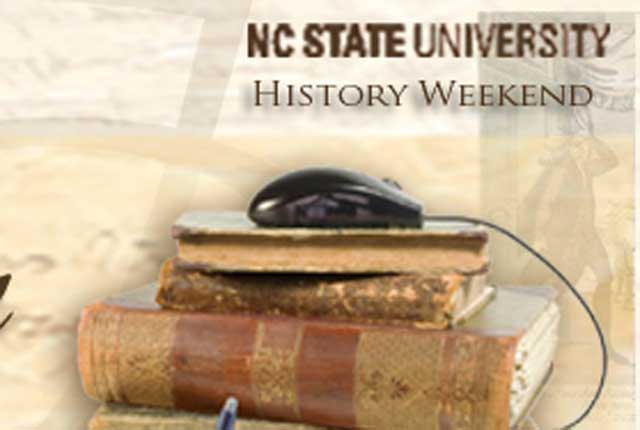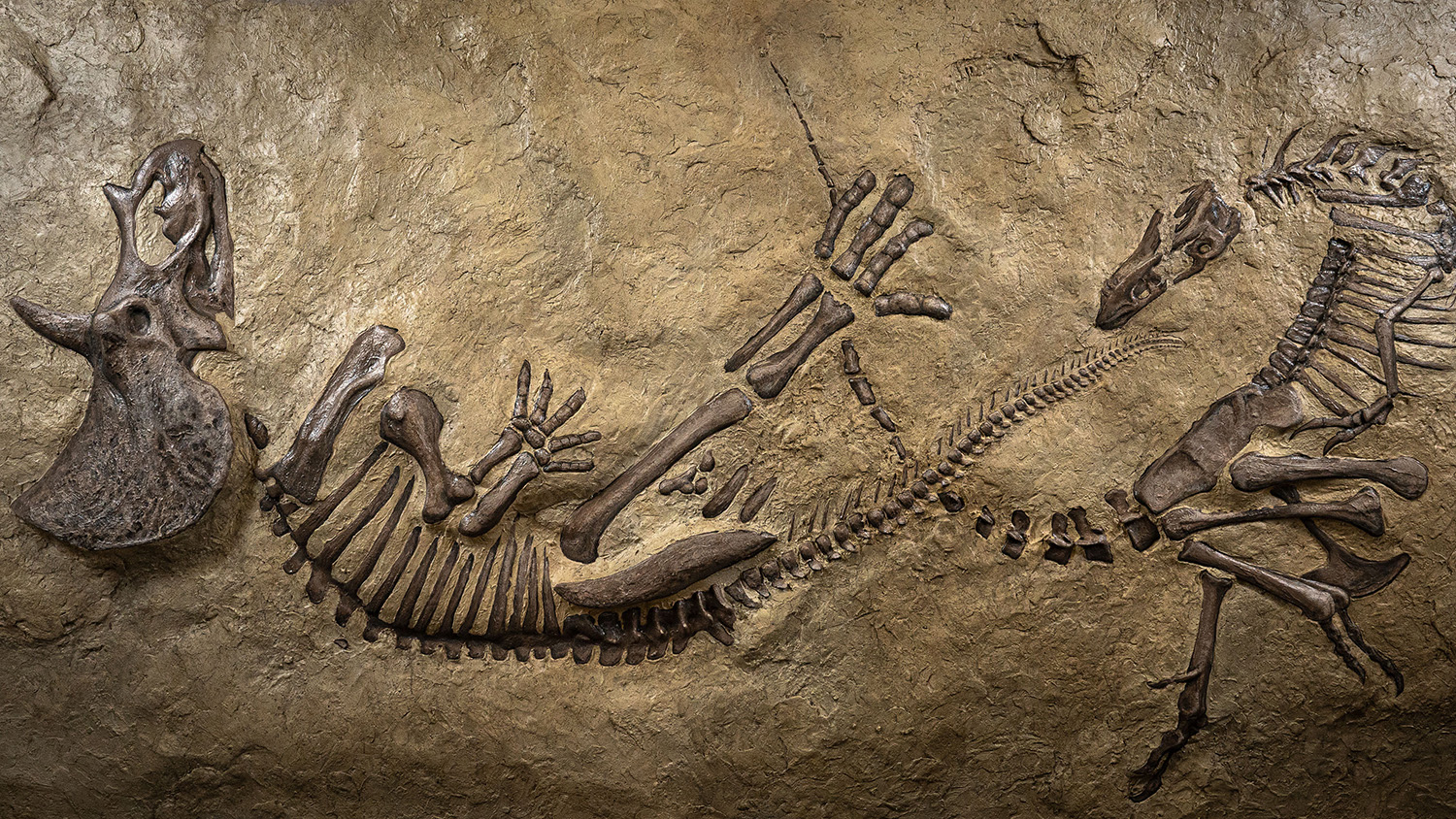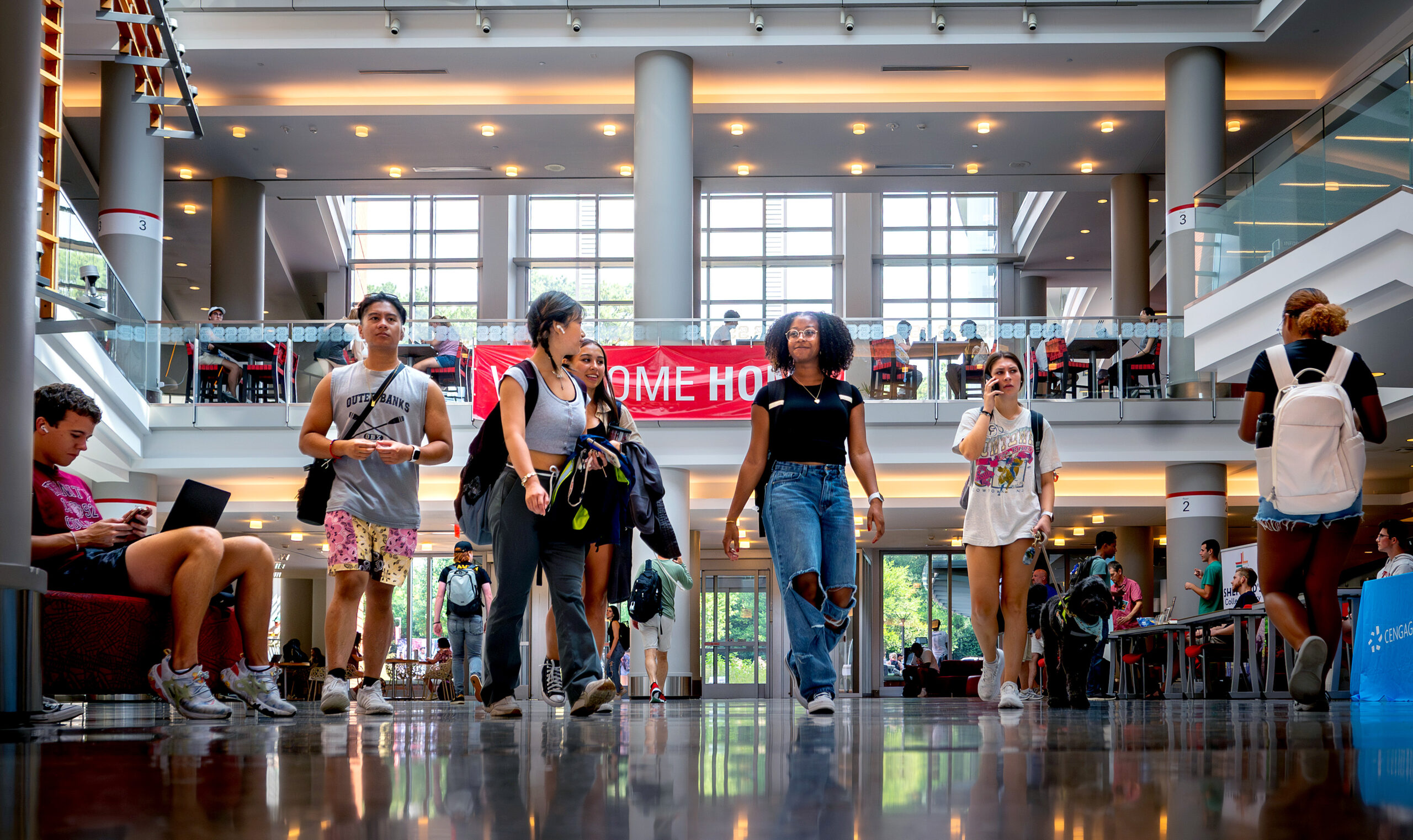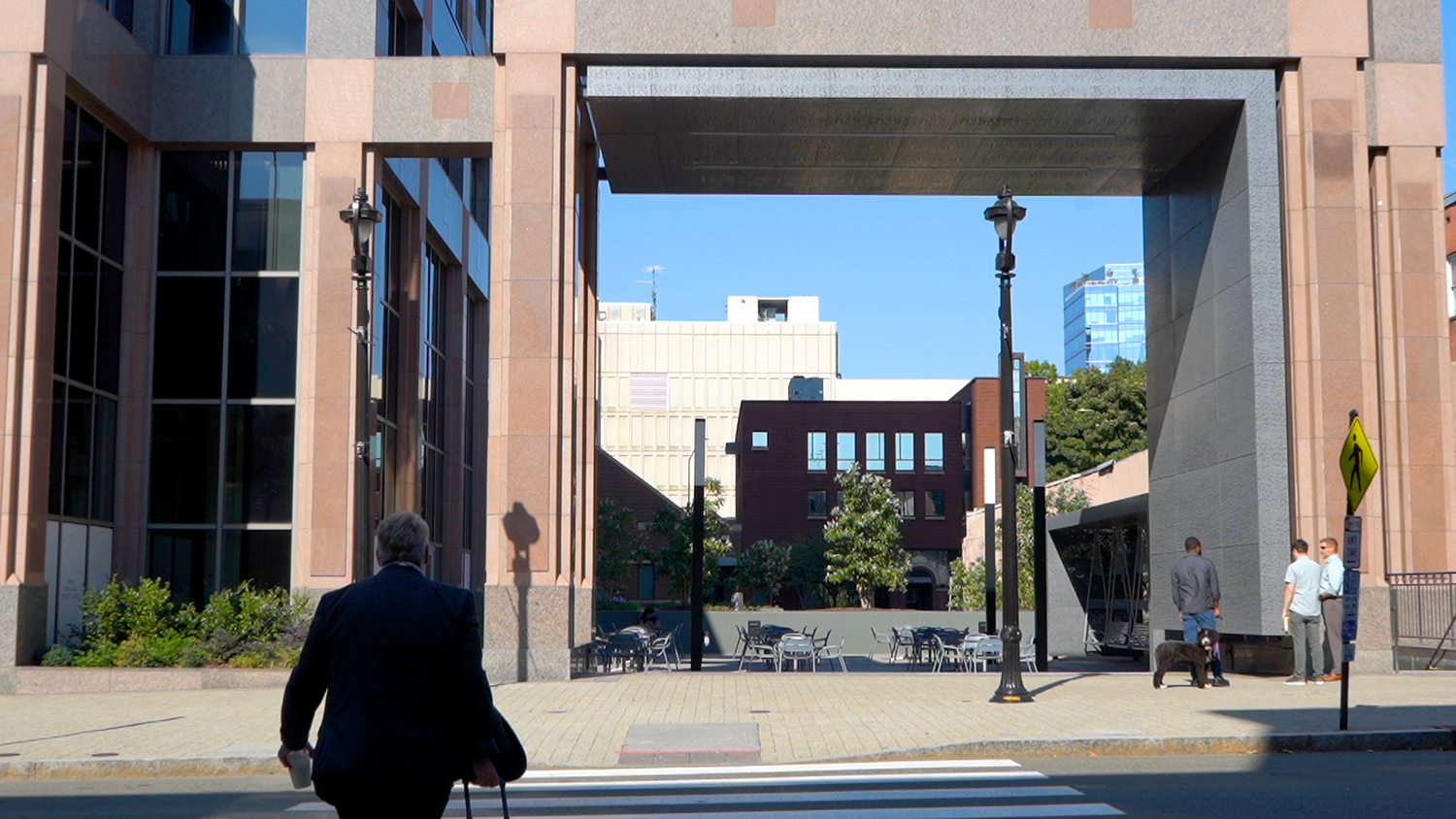Historical Blogging

 Think our ancestors didn’t blog? Think again. Although the term blogging and our electronic way of doing it are relatively new, the general concept of disseminating information is not.
Think our ancestors didn’t blog? Think again. Although the term blogging and our electronic way of doing it are relatively new, the general concept of disseminating information is not.
As part of NC State’s History Weekend on February 17 – 18, 2012, the History Department is sponsoring a lecture by Dr. Robert Darnton, director of the Harvard University Library, on the history of blogging. Darnton, whose early research focused on ephemera, will share how the bits and pieces of written material from years past were our ancestors’ ways of blogging. Darnton will take audience members back to 18th century blogging in France and lead them through blogging history up to our present time.
Dr. Jonathan Ocko, head of the History Department, explains that Darnton’s work shows that “anything someone wrote down can hold historical information. All the bits and pieces contain opinion and commentary.”
You may think that historians wouldn’t be interested in something as seemingly modern as blogging, but that’s not true. “We [historians] are connoisseurs of change,” says Ocko. “We’re interested in anything that involves change and we study the causation of that change.”
Ocko also points out that historians frequently use blogs in their own work. “Blogs are often used by historians to study public history,” he says, adding that he finds blogs useful in his own work regarding Chinese history. “When looking at blogs and their historical counterparts, it’s interesting to find the democratization of expression.”
And blogs are not only important to current work. “When future historians study our time, they will be looking at blogs,” says Ocko.
Ocko is excited to bring historians such as Darnton to NC State’s campus, emphasizing that all are welcome to attend Darnton’s lecture and other History Weekend events. “This event is not just for scholars,” he says. “The aim of History Weekend is to bring distinguished historians to share their work in a way that is interesting and accessible to the general reading public. We pick themes that appeal to broad audiences and give a sense of why history matters.”
By Lauren Williams, CHASS communication intern
- Categories:


